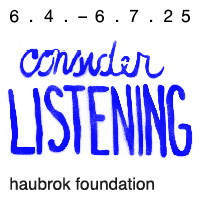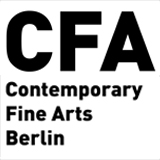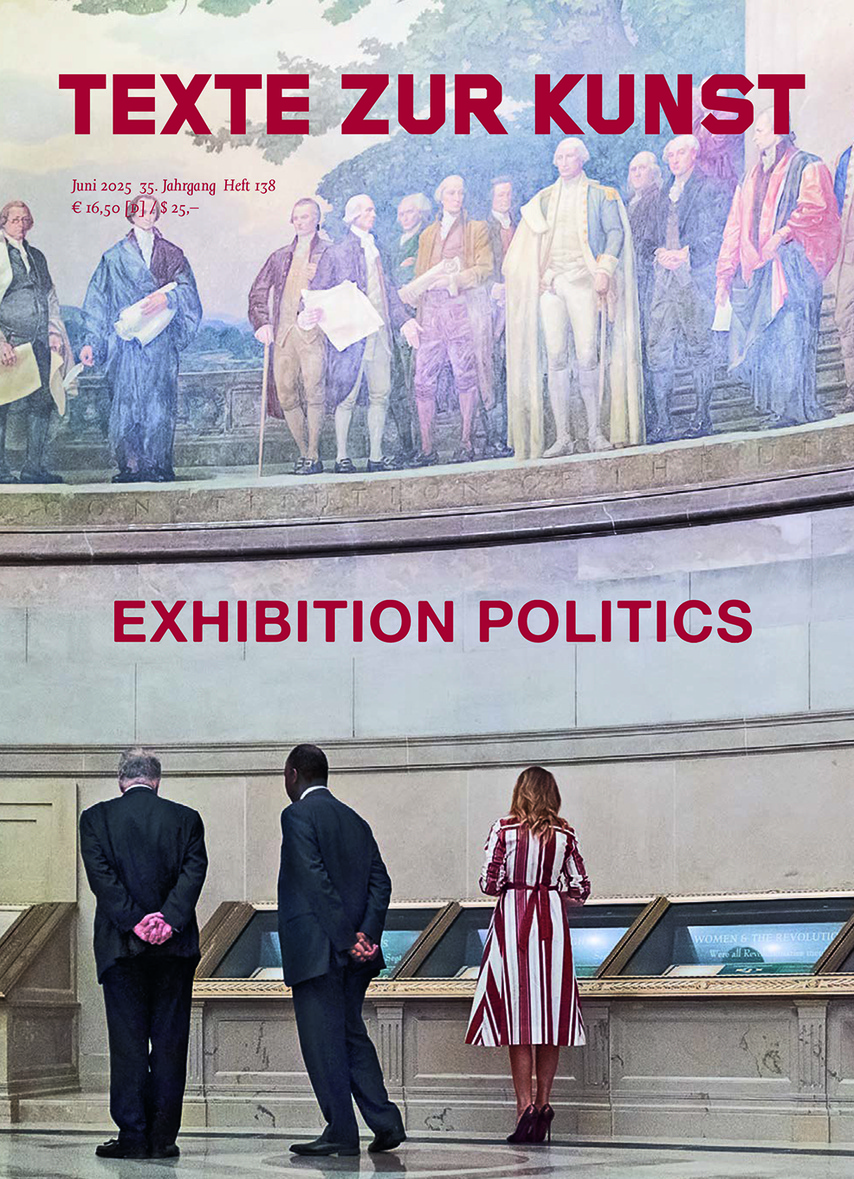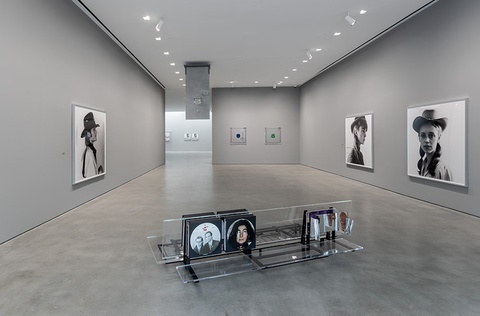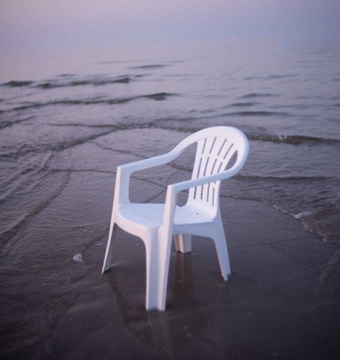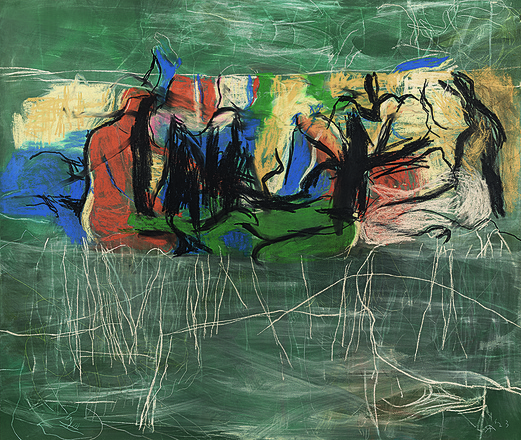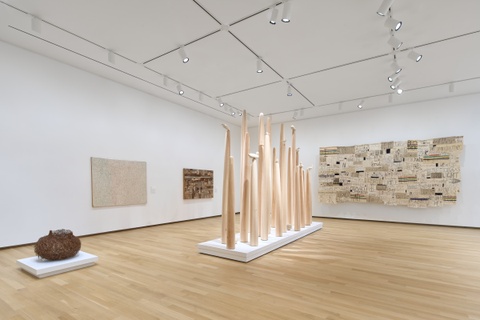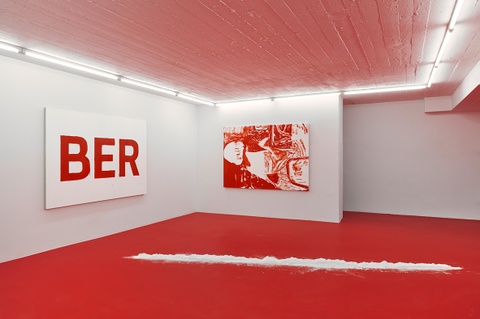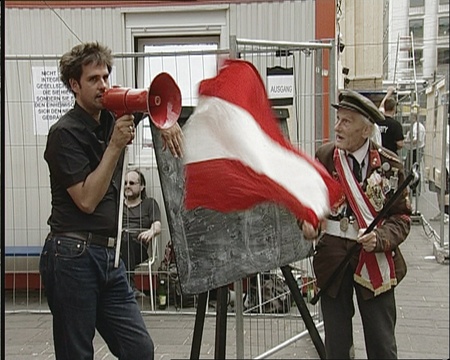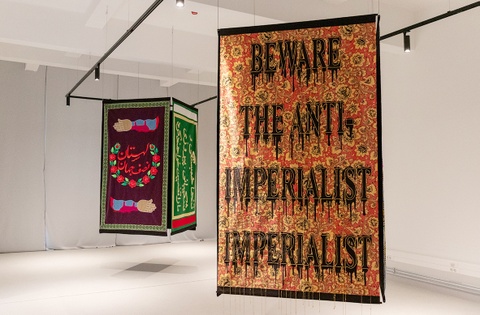
IF THE SHIRT FITS Fionn Meade on the OFF-Biennale Budapest
Authoritarian leaders are ruling global headlines. Viktor Orbán is back in the bad news with his attempt to ban the Budapest Pride March, which is scheduled for tomorrow, Saturday, June 28th. While it is still uncertain under which circumstances the rally will take place after the city’s liberal mayor, Gergely Karácsony, did his best to save it by using a legal loophole and declaring it a city council festivity, recent events make it abundantly clear that the 10th iteration of the OFF-Biennale in Budapest was direly needed as a manifestation of collective resilience and resistance against anti-democratic rule. Here, Fionn Meade reviews the event, exploring a variety of artistic statements that range from political slogans on aprons and other textiles to installations echoing the sounds of war.
Read on
